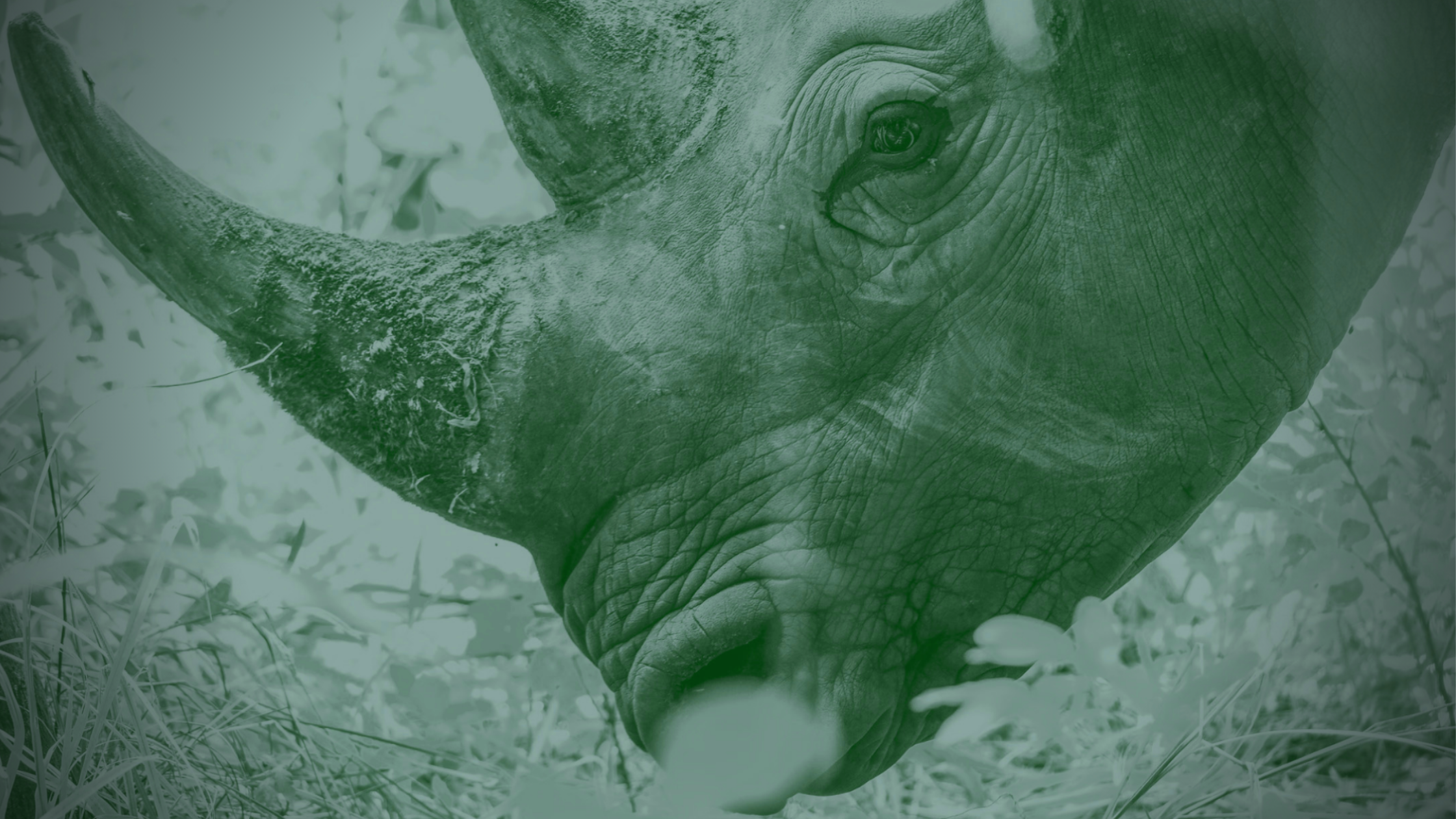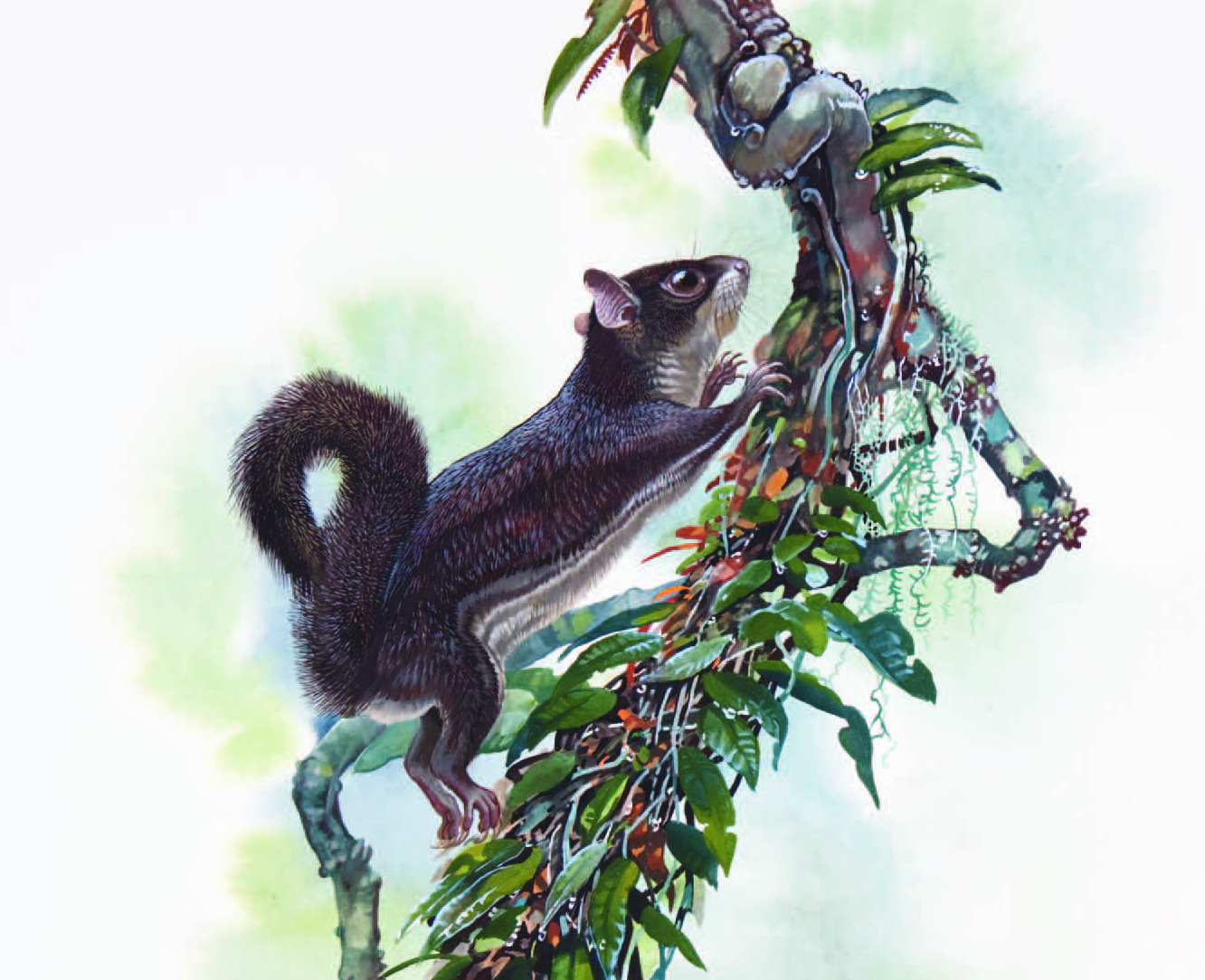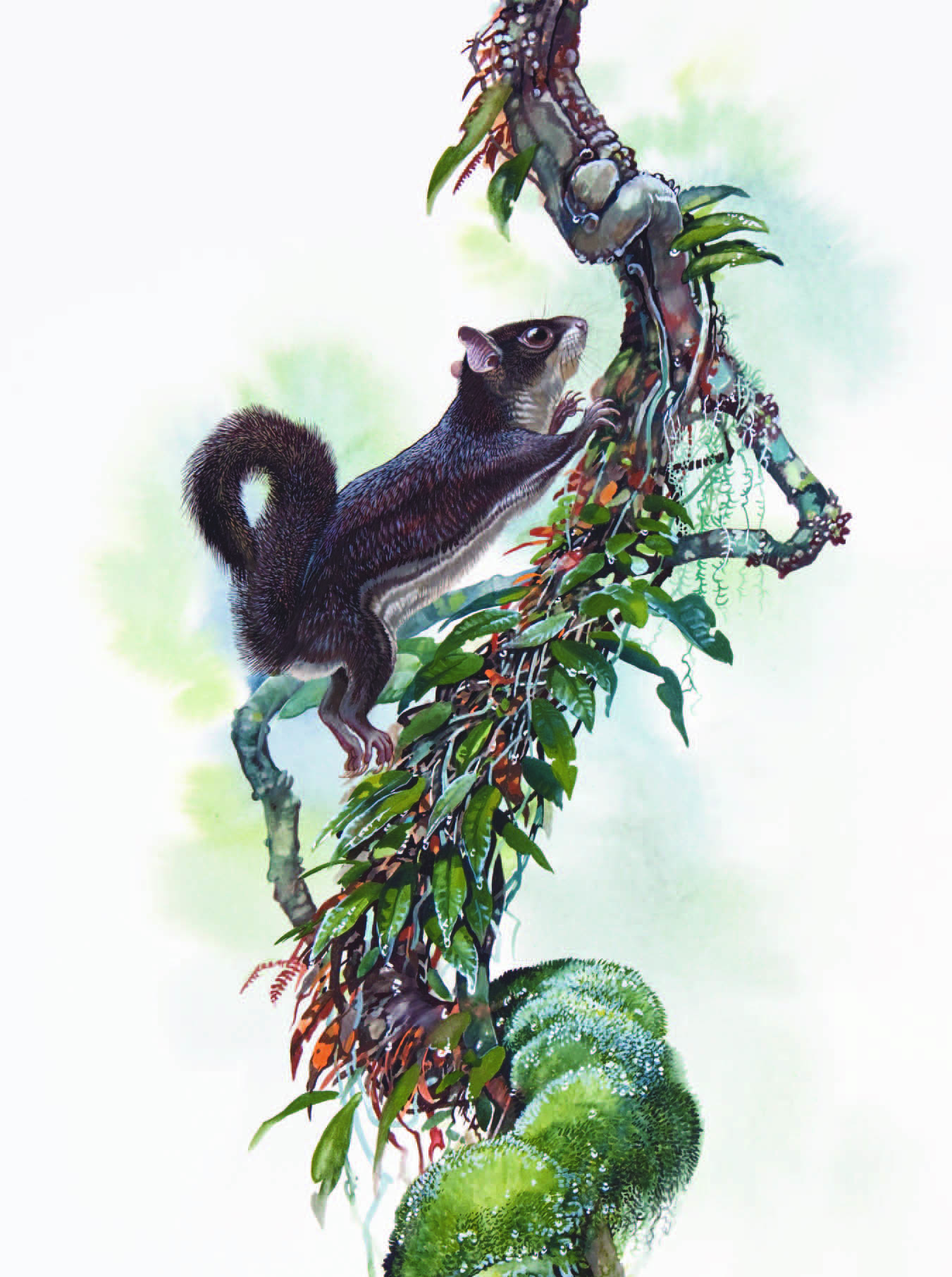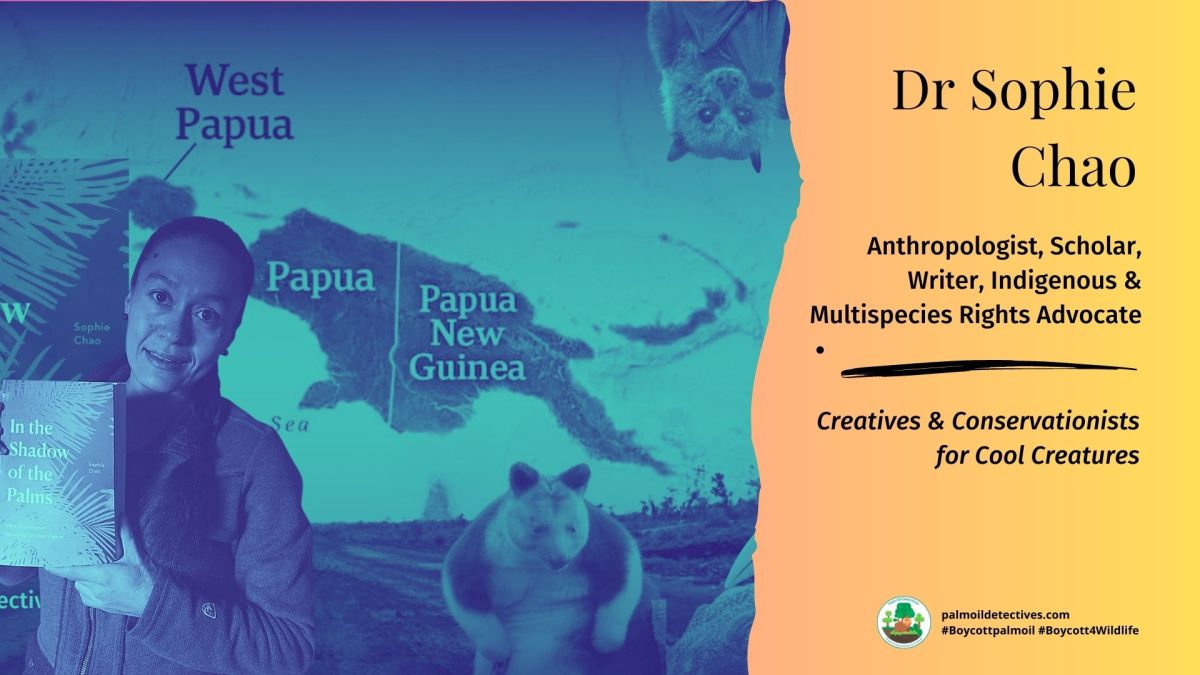Mentawi Flying Squirrel Iomys sipora
Endangered
Indonesia (Sumatera)
The world’s gliding mammals are an extraordinary group of animals that have the ability to glide from tree to tree with seemingly effortless grace. There are more than 60 species of gliding mammals including the flying squirrels from Europe and North America, the scaly-tailed flying squirrels from central Africa and the gliding possums of Australia and New Guinea.
Gliding between trees in #Indonesia with effortless poise and grace, the Mentawi Flying Squirrel is a sight to behold. Endangered by #palmoil and #agriculture #deforestation. Support their survival in the supermarket #Boycott4Wildlife
Tweet
The Mentawi Flying Squirrel lives in primary forests up to 500 m. Habitat loss on the two islands represents a threat to this lowland species. Endangered because its extent of occurrence is approximately 2,582 km², all individuals are in fewer than five locations, and there is continuing decline in the extent and quality of its habitat. A survey by the National Museum of Indonesia in 1991 failed to detect the species. It should possibly be included in the Critically Endangered category (with the possibly Extinct box checked) once the status is better determined.
This squirrel is threatened by forest loss due to logging and agricultural conversion.
IUCN Red list
Support the conservation of this species
This animal has no protections in place. Read about other forgotten species here. Create art to support this forgotten animal or raise awareness about them by sharing this post and using the #Boycottpalmoil #Boycott4Wildlife hashtags on social media. Also you can boycott palm oil in the supermarket.
Further Information

Lee, B. 2016. Iomys sipora (errata version published in 2017). The IUCN Red List of Threatened Species 2016: e.T10846A115099877. https://dx.doi.org/10.2305/IUCN.UK.2016-3.RLTS.T10846A22249119.en. Downloaded on 04 February 2021.
Caption: This beautiful painting is by My YM

How can I help the #Boycott4Wildlife?
Contribute in five ways
1. Join the #Boycott4Wildlife on social media and subscribe to stay in the loop: Share posts from this website to your own network on Twitter, Mastadon, Instagram, Facebook and Youtube using the hashtags #Boycottpalmoil #Boycott4Wildlife.
2. Contribute stories: Academics, conservationists, scientists, indigenous rights advocates and animal rights advocates working to expose the corruption of the palm oil industry or to save animals can contribute stories to the website.
3. Supermarket sleuthing: Next time you’re in the supermarket, take photos of products containing palm oil. Share these to social media along with the hashtags to call out the greenwashing and ecocide of the brands who use palm oil. You can also take photos of palm oil free products and congratulate brands when they go palm oil free.
4. Take to the streets: Get in touch with Palm Oil Detectives to find out more.
5. Donate: Make a one-off or monthly donation to Palm Oil Detectives as a way of saying thank you and to help pay for ongoing running costs of the website and social media campaigns. Donate here








